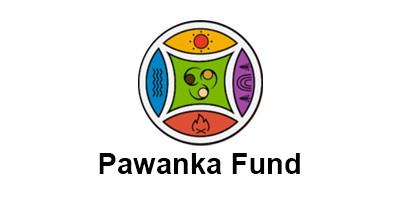Increasing Awareness and Helping Ensure Safety of Tribal communities from COVID-19 Pandemic
Background
There are 42 tribal communities in the state of Chhattisgarh, India. Out of this, 5 tribal communities have been notified as Primarily Vulnerable Tribal Groups (PVTGs). Mostly tribal communities are residing in the forest, hills and in the remote area of Surguja division. Most of the community members are illiterate and are not much aware of the diseases prevailing in the area except some seasonal diseases like flu, malaria, diarrhea, etc. The coronavirus pandemic is totally new and villagers are not aware of this; however, there are many rumors and wrong interpretation spreading in the villages
Due to this scenario in the rural areas community members are scared and feared. As of 18 April 2020, there are only 12 active cases in Chhattisgarh, while 23 have been discharged from the hospital. There is only one hotspot district out of the 29 districts. But the major issues and problems of the area are:
- Lack of awareness among the tribal communities on COVID pandemic;
- Lack of dissemination of proper information, either orally or through poster pamphlets and wall writing;
- Lack of essential health-related materials like facemasks, soaps, sanitizers;
- Lack of sufficient food;
- Government health system is ignoring the other diseases; no basic facilities are provided even in the hospitals;
- Lack of coordination between government officers and community members and even by the NGOs/CSOs.
Project Objective
Awareness building among tribal communities on COVID-19 pandemic in Chhattisgarh, India
Partner
Jashpur Jan Vikas Sanstha, India
Target Beneficiaries
The major target groups are the following tribal/indigenous communities: Oraon, Gond, Korwa, Birhor, Kanwar, Kodakus. The ,ajor area covered will be the 6 districts, namely, Jashpur, Surguja, Balrampur, Surajpur, Koriya and Raigarh. Covered villages will be 60 and the estimated population is 25,500 (Males: 13,620, Females: 11,880), including children and youth.


